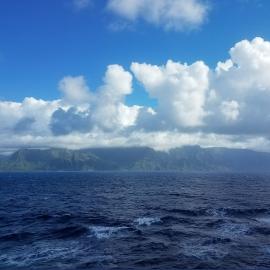
by Symber Canepari
The ocean has provided beauty and sanctuary for many, and now it needs our help in return. In honor of World Oceans Day, here are five ways I’ve learned to say thank you to the ocean that everyone can…
Read more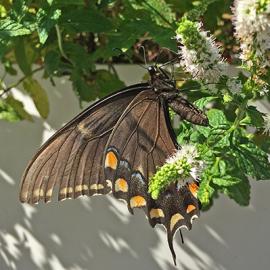
by Erika Hansen
Find a bug (and draw it). Find plants that are ingredients in pizza sauce; in toothpaste; in salsa. Find two living and two nonliving things.
Read more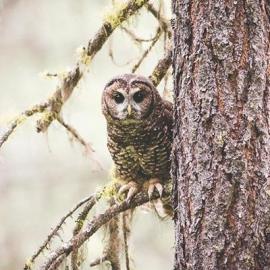
by Laurel Mundy
In the woods, the air is still and quiet. The ground is warm from the sunshine that beats down on the hillside all day, but mostly, it’s dark. The lightest breeze brings the smell of ponderosa bark and…
Read more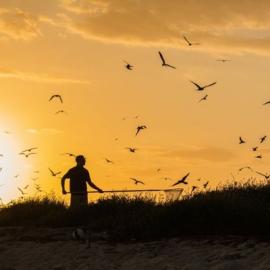
by Ryan Huang
Life as a bird is hard. Life as a seabird can be really hard. Seabirds spend the vast majority of their time in a habitat that provides no drinkable water or shelter, a place that can be as vast and empty…
Read more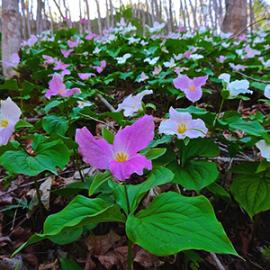
by Wally Smith
It's a cold November morning as I drive from my home in rural Wise County, Virginia, to the town of Tazewell, some 80 miles away. My journey takes me across the edge of the Virginia coalfields and through…
Read more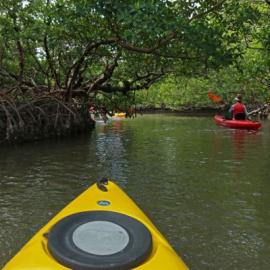
by Erika Zambello
As part of an ongoing project, Erika Zambello is visiting all National Estuarine Research Reserves in the continental United States. Established by the National Oceanic and Atmospheric Administration (NOAA),…
Read more
by Jacqueline Gerson
“Dip your hand in the water!” I yelled over the crash of whitewater, and then a few seconds later, “Now try it again!”
Read more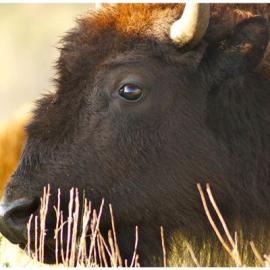
by Elke Duerr
I grew up on an organic farm in Germany. By the time I was born, we Germans had already wiped out our large mammals; the wisent (German bison), wolf, bear, lynx, wild cats, auroxen, moose and elk were…
Read more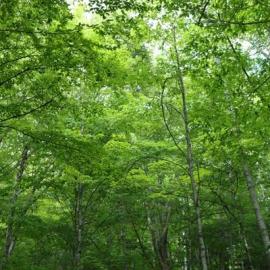
by Torrin Hallett
Having just completed my third year as a music composition, horn performance and mathematics student at Oberlin College and Conservatory, I left my tiny dorm room and musician friends in Ohio to spend…
Read more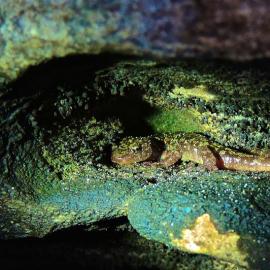
by Wally Smith
This is the case with the green salamander, one of the most unique amphibians in the salamander-rich Appalachian Mountains. The only truly green-colored salamander in eastern North America, the green salamander…
Read more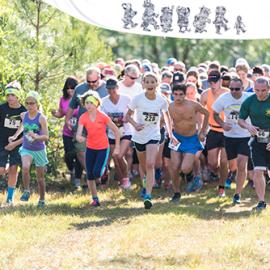
by Paul Arthur
“I can’t believe I held a snake!” “The longleaf pine trees are awesome.” “I can’t wait to come back!”
Read more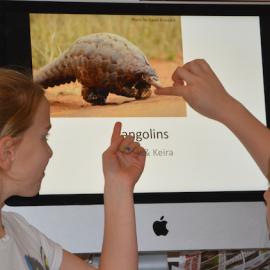
by Jennifer Calkins
When I first started working on an article for World Pangolin Day (which takes place every third Saturday of February), I did not realize how few people even knew pangolins existed. As an evolutionary…
Read more
